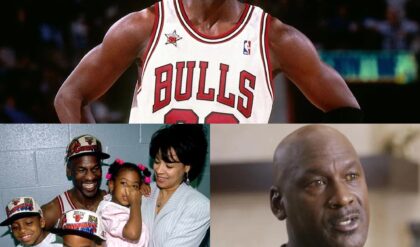Just when the emotional scars of The Walking Dead‘s most unjust character death had started to heal, Rick and Michonne’s spinoff picks them open again. Bringing back Andrew Lincoln and Danai Gurira to The Walking Dead‘s cast, The Ones Who Live has kept the twin themes of love and family at its core thus far. The Ones Who Live episode 4 then poses the burning question of whether Rick Grimes will return to his family in Alexandria or remain a soldier of the Civic Republic Military – a decision that becomes even more weighty when Rick learns about RJ – the son he never knew existed.
Since The Ones Who Live – and episode 4 in particular – revolves so heavily around Rick’s paternal qualities, it becomes impossible not to think about Carl Grimes. Played by Chandler Riggs between The Walking Dead seasons 1 and 8, Rick’s OG son was unceremoniously killed off to a chorus of controversy, and his role in the story effectively got swiped by Cailee Fleming’s Judith. Carl does indeed get mentioned in The Ones Who Live episode 4, but the reminiscing only serves to remind viewers how the character should never have been killed in the first place.
The Ones Who Live Makes Carl’s Death An Even Bigger Part Of Rick’s Story
Carl still matters in The Walking Dead
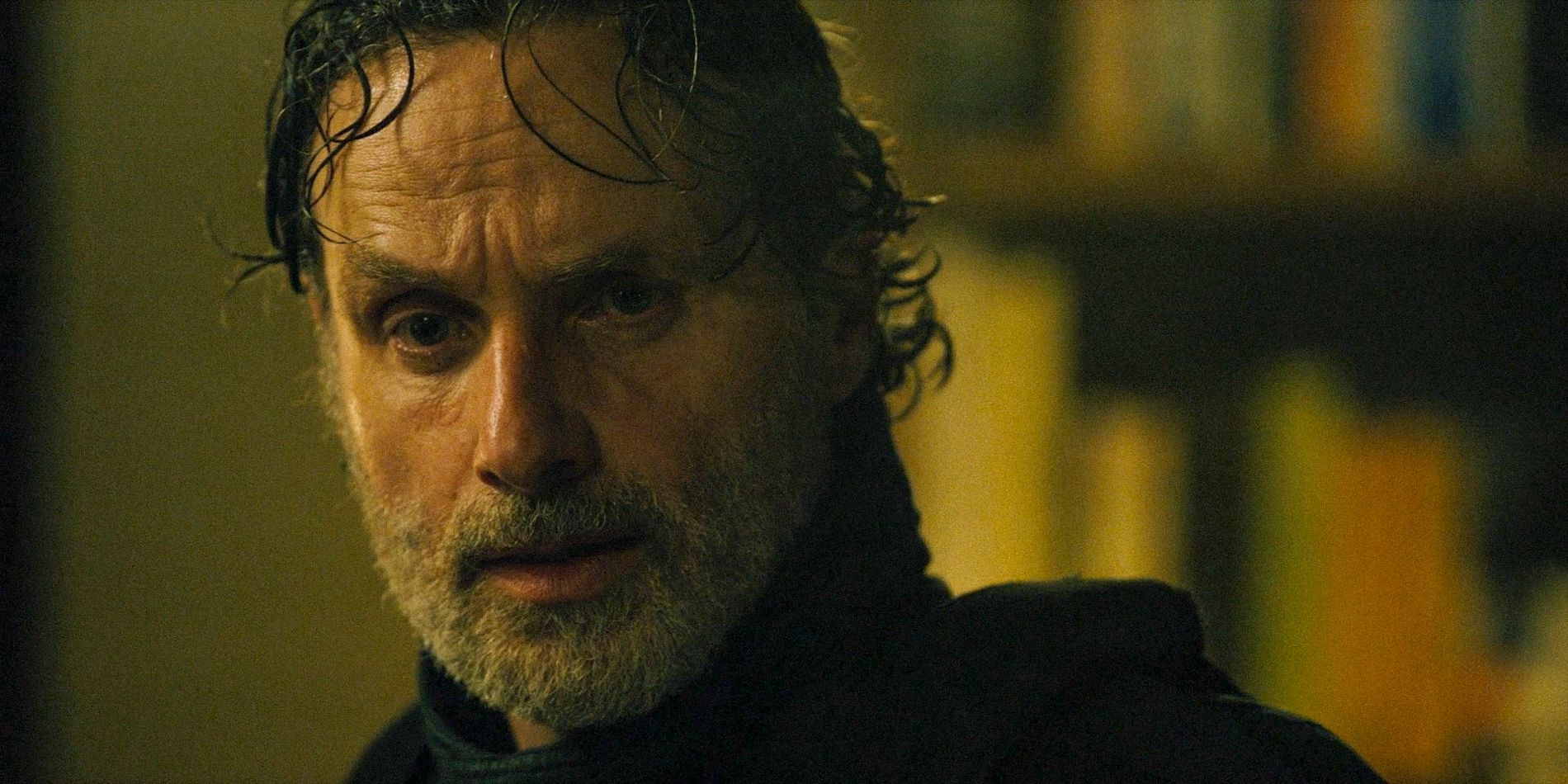

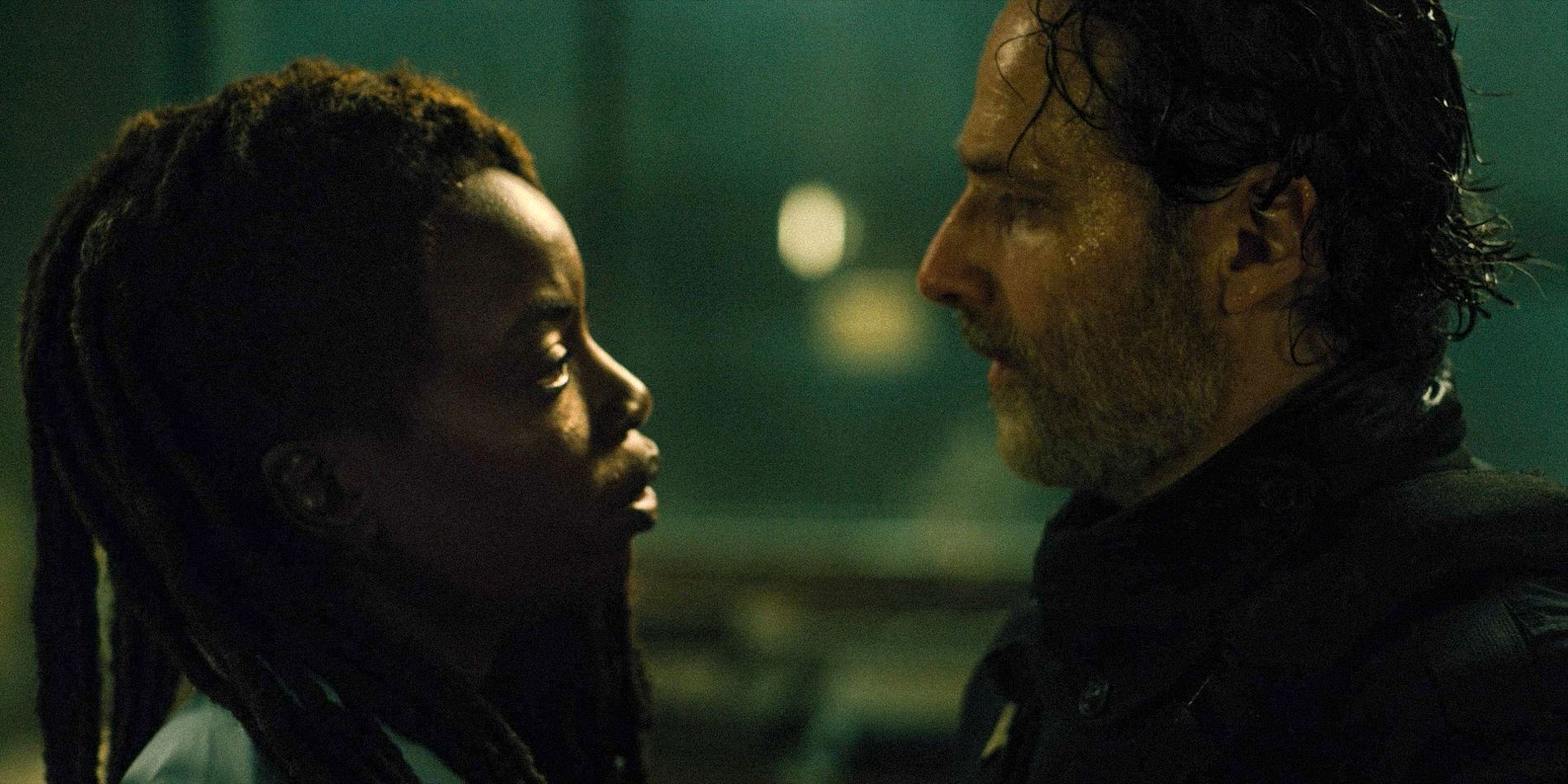
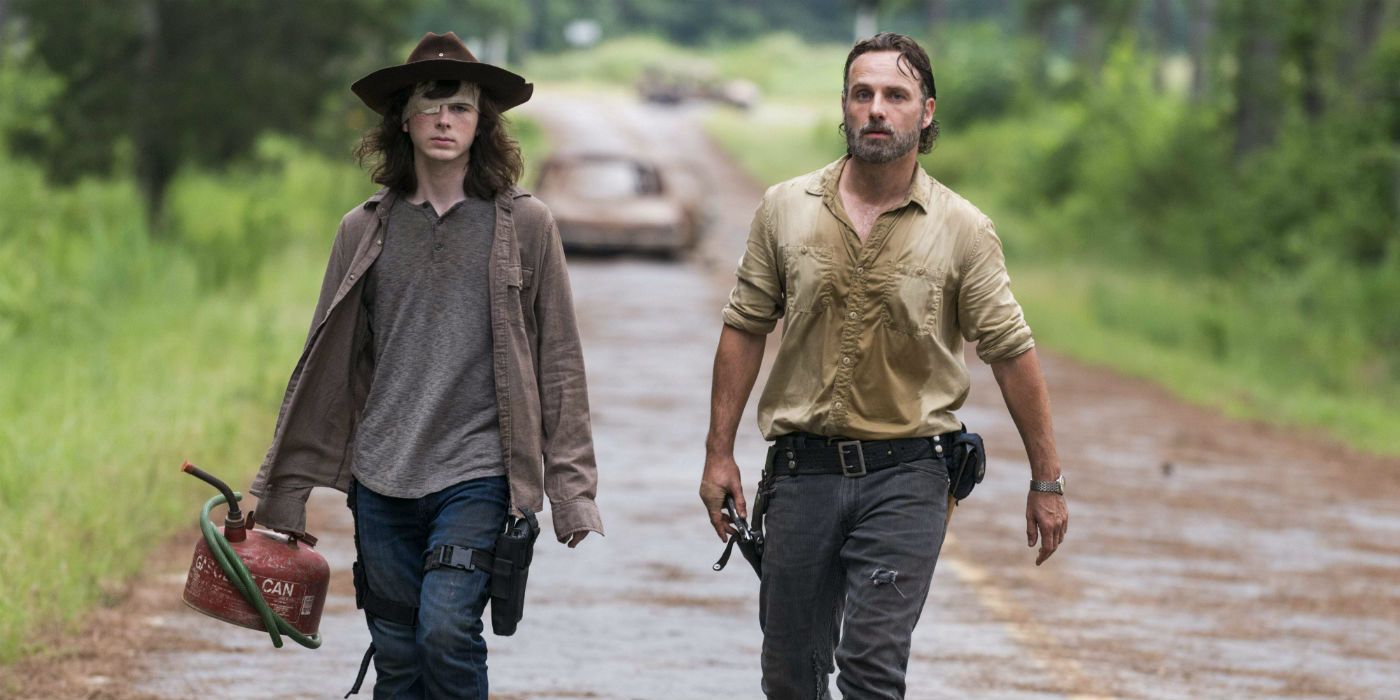
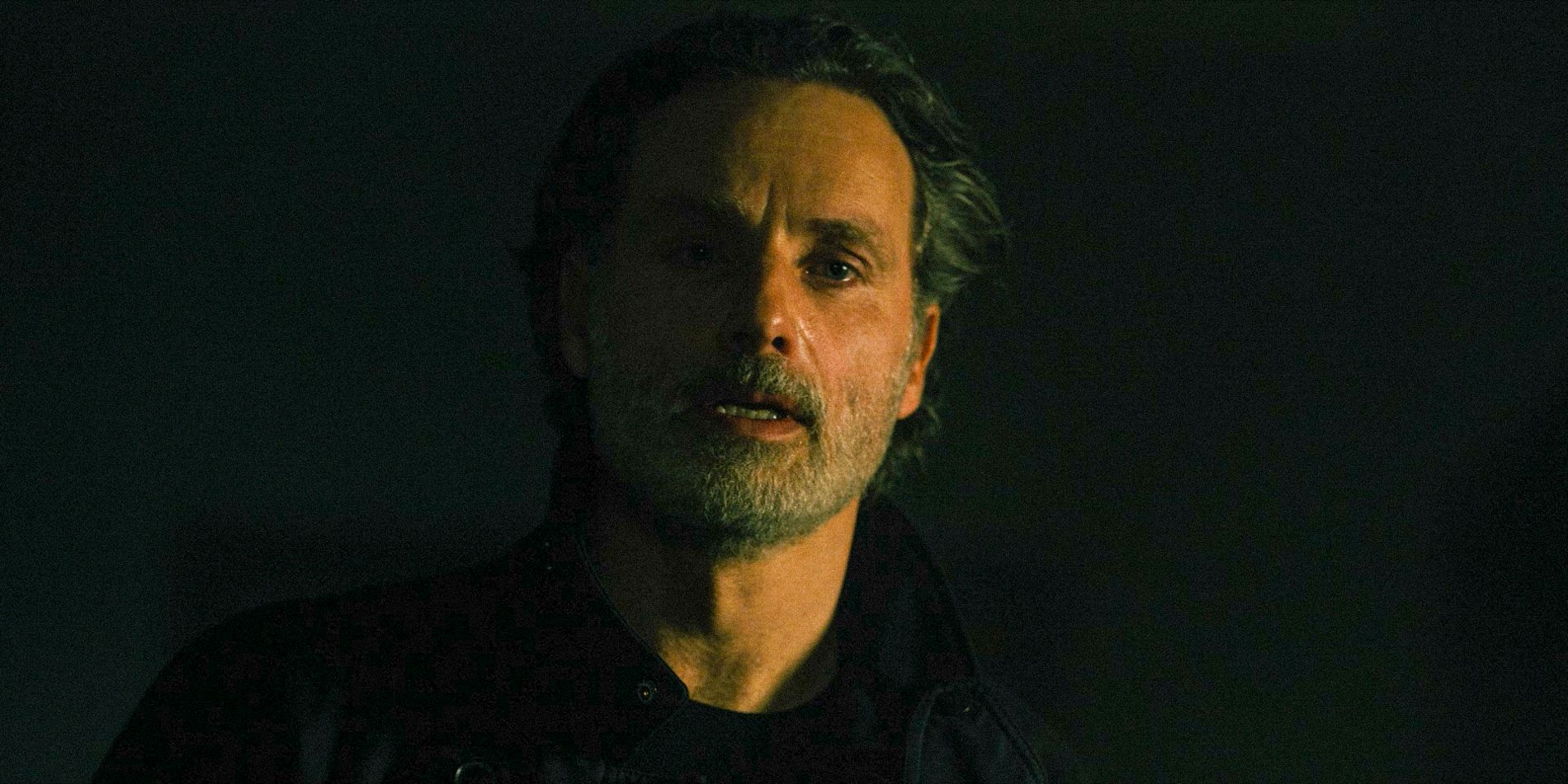





The death of Carl is something that should haunt Rick Grimes forever, and The Walking Dead: The Ones Who Live episode 4 does an admirable job of making the fallen character relevant within the current story. Explaining his uncharacteristic reluctance to return home, Rick accuses the CRM of “taking” Carl from him, revealing, “I’d meet up with Carl in my dreams. And that’s how I survived in here [points to head]. And then one day he was gone.” Rick’s speech is very much symbolic, but the overall meaning is that after years of living under the CRM’s thumb, Rick lost the one connection to Carl that he had left.
The CRM’s rigid military structure and deathly grip on secrecy is designed to dehumanize and depersonalize, and that is even truer for the likes of Rick Grimes, who would cut their own body parts off just for a small chance at escaping. Rick’s memories of Carl sustained him during those dark periods, but the more time that passed, the more those memories faded, forcing Lincoln’s character to relive the pain of Carl’s death all over again.
This deeply upsetting admission keeps Carl’s legacy alive in The Walking Dead‘s current timeline, making the absentee a major part of Rick’s CRM story. Rick is still grieving that massive loss, as he should be, and the thought of losing Michonne and Judith the same way is partially behind Rick’s reluctance to resume being a family man. If he stays behind with the CRM, Rick can feel like he is still protecting his family without the risk of watching them die as Carl did. This is a clever way of ensuring Carl, who was such a vital character before leaving the show, remains influential in The Walking Dead.
Carl Grimes’ Death Is Still The Walking Dead’s Biggest Mistake
The Walking Dead with Carl was just better
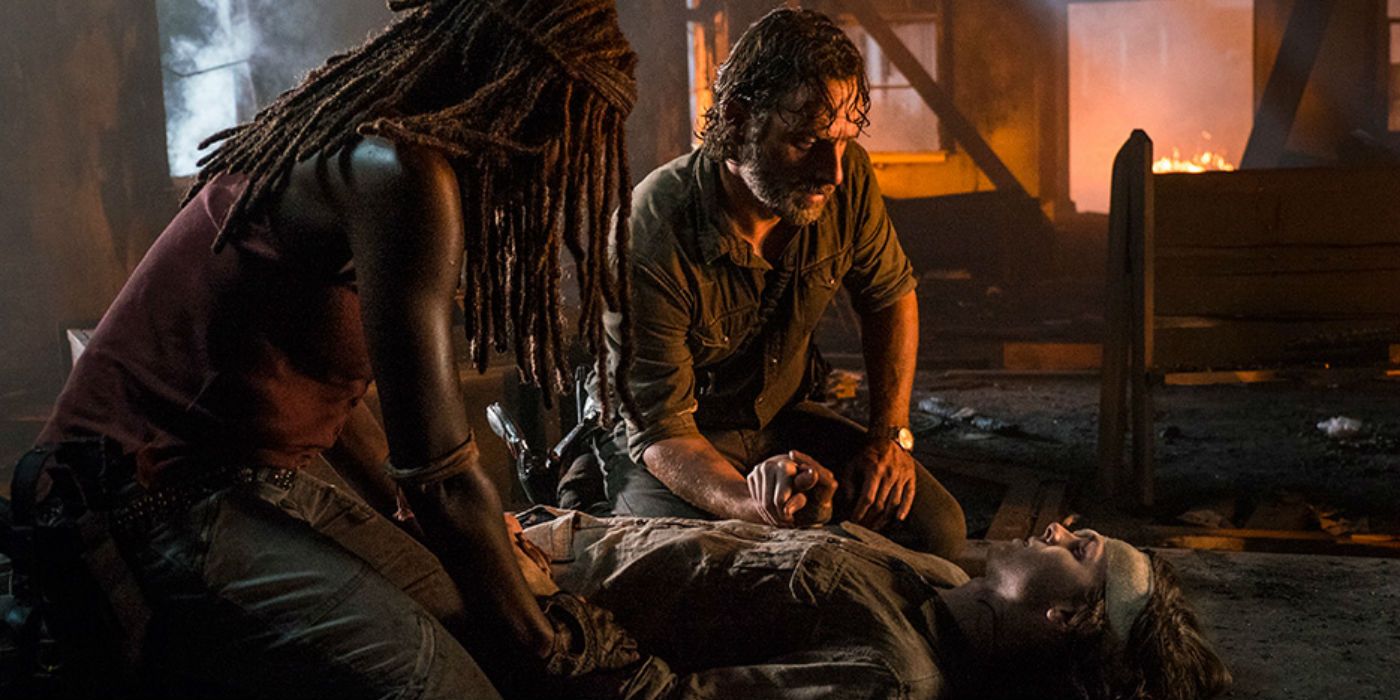
The Walking Dead has killed off plenty of characters over the past 14 years on air, some handled considerably better than others. Of AMC’s many victims, however, Carl Grimes is the one that hurts for all the wrong reasons. Emotional and drawn out it may have been, but Carl ultimately succumbed to nothing more than a regular zombie bite – a disappointing outcome after eight seasons of successfully dodging rotten mouths.
The timing of Carl’s exit was even worse. Coming slap in the middle of Rick’s war against the Saviors, the story demanded that in the very next episode after Carl died, Rick Grimes immediately returned to plotting Negan’s downfall. This felt jarring for a character who had always been defined by fatherhood, and driven almost wholly by his son. Rick had no time to properly grieve, and even if Carl’s death did ultimately inspire Rick’s decision to spare Negan’s life, The Walking Dead failed to explain how Rick could even resume fighting so quickly after losing his child.
Carl’s death looks even worse against the backdrop of The Walking Dead‘s comic books. Rick Grimes may be the protagonist, but, in many ways, Carl is The Walking Dead‘s true main character. Carl is the character the audience watches grow up, the one being molded by the zombie outbreak, and the one pushing Rick to move forward. Tellingly, Robert Kirkman’s The Walking Dead comics kept Carl alive until the very end, and the final chapter focused entirely on Rick’s son as a grown man, perfectly highlighting how important Carl’s transition into adulthood is to The Walking Dead‘s overarching premise.
Exactly why The Walking Dead killed off Carl remains unclear, despite plenty of speculation. One important confirmed detail is that Chandler Riggs did not quit, as revealed by the actor himself. TV shows are often forced to soldier on after a lead actor quits – just as The Walking Dead itself did after Andrew Lincoln left in season 9 – but Carl’s death appears to have been entirely the show’s call, which only makes the decision even more baffling.
